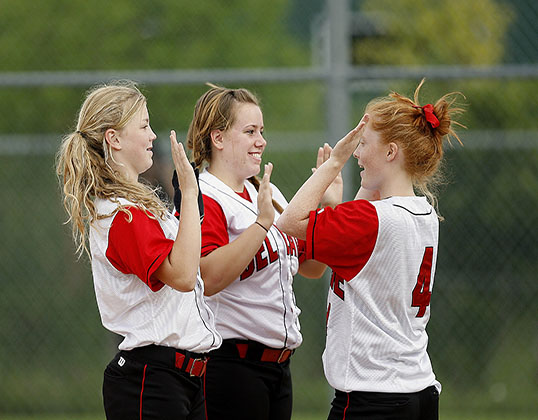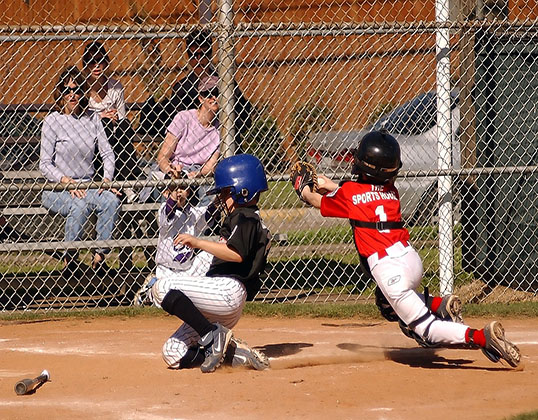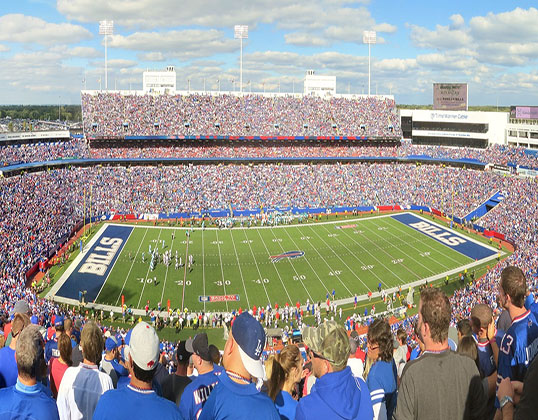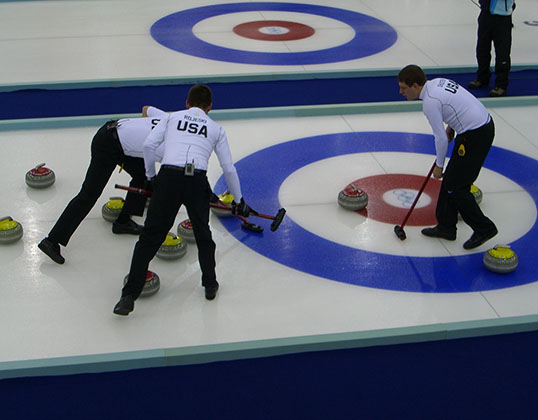AASP Blog for Athletes, Coaches, and Parents
Managing Emotions in Sport
By
Published
There is no construct of human psychology and functioning more prevalent in sport than emotion. Mood, emotions, and general affect can influence every movement in every sport. Consider a typical 45…
Read MoreFreaked-out Kids in Sports: Keys to Stress Reduction
By
Published
A 20-year trend in youth sports emphasizes teaching coaches how to create a healthy psychological environment for their athletes. However, there’s also an important need to educate parents, so they…
Read More“The Ripples Are Big”: Storying the Impact of Doping in Sport Beyond the Sanctioned Athlete
By
Published
Recent doping allegations within track and field include systemic doping (e.g. Russian Athletics), corrupt administration (e.g. the International Association of Athletics Federation; IAAF), and leaked…
Read MoreChanging the Game
By
Published
"The player is on the clock from the day he arrives in the NFL. He's not thinking about what's going to happen when he exits. He's thinking that the fun has just begun." -- Troy Vincent, EVP of…
Read MoreWhy Sport Psychology Can Aid Performing Artists
By
Published
Kate Hays discusses how and why sport psychology and mental skills can be used to help actors, musicians, and other performers.
Read MoreSport Psychology at the Winter Olympics
By
Published
Sean McCann, senior sport psychologist for the United States Olympic Committee, and former president of the Association for Applied Sport Psychology, on the role that sport psychology plays in…
Read More











